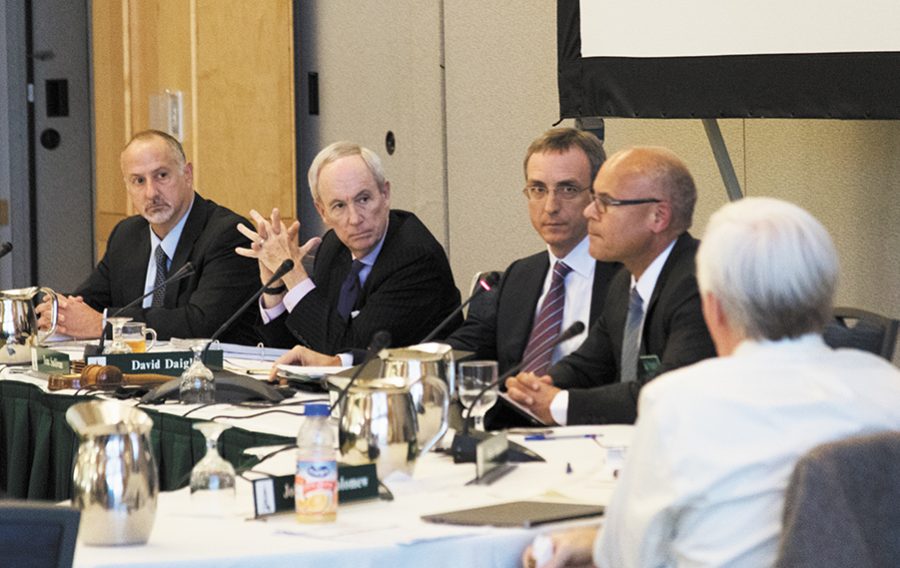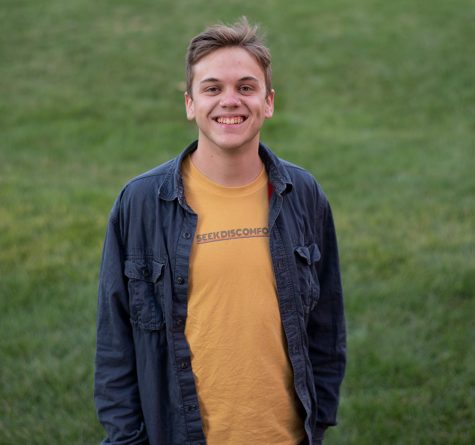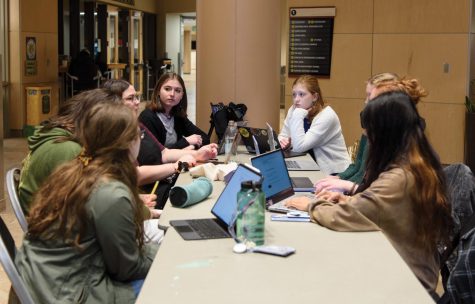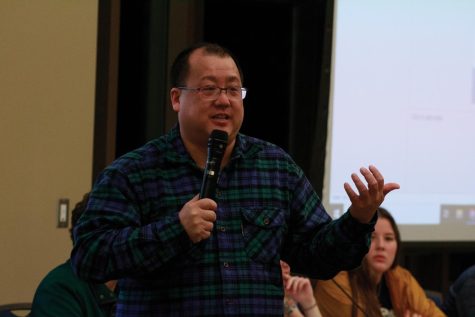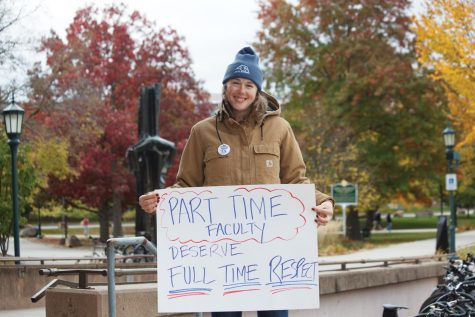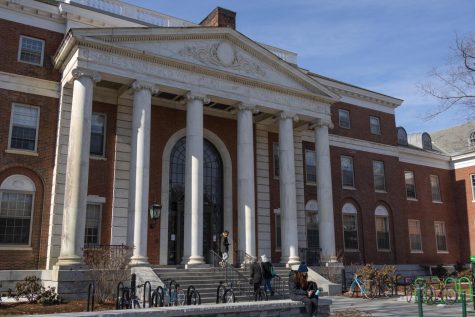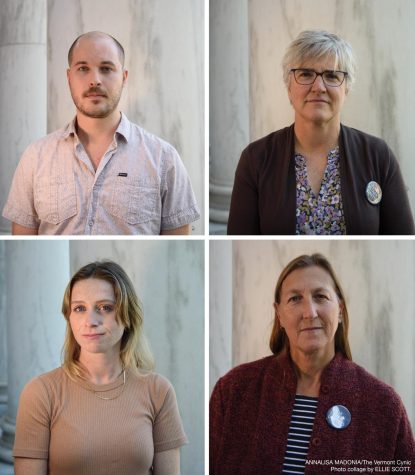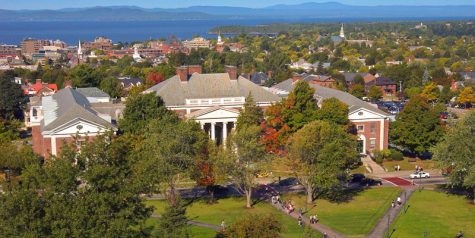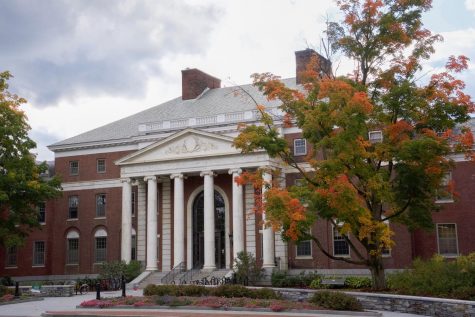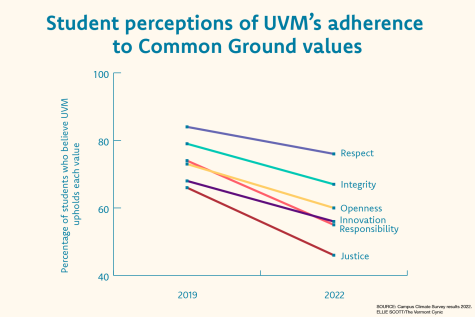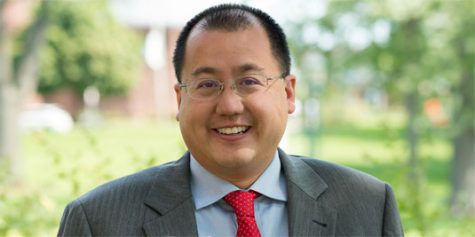Interim provost search committee includes students
Former Provost David Rosowsky, President Tom Sullivan, David Daigle, board of trustee chair, and Ron Lumbra, board of trustees vice chair, speak at the board of trustees meeting Oct. 27, 2018. David Rosowsky, senior vice president and provost, announced his resignation Feb. 25.
March 28, 2019
Following the resignation of the provost amid student and faculty criticism, the interim provost search committee was announced by President Tom Sullivan March 16.
David Rosowsky, senior vice president and provost, announced his resignation in a Feb. 25 email to the University amid criticism from students over funding for the humanities.
The committee will review applicants over the next several weeks and submit a list of candidates to Sullivan and incoming President Suresh Garimella, whose term begins July 1, said John Hughes, co-chair of the search committee.
Hughes expects this process to take several weeks to a month to complete, he said. After Sullivan and Garimella select the candidate, Hughes believes the board of trustees will approve the candidate, but assumes that this will be a formality, he said.
“That person will be the senior vice president and provost for an undetermined period of time,” he said. “There may be a search in the future. I don’t know.”
Committee member Gillian Natanagara, a senior and SGA vice president, said she was nominated for the committee alongside Jessica Bocanegra, graduate student senate vice president, by Sullivan.
Natanagara feels the weight of representing students’ voices on the committee, she said.
She’s especially committed following student outcry over Rosowsky’s policies and humanities funding, which some feel is unfair and prioritizes STEM fields over liberal arts, she said.
“The big focus of what I am looking for and what I think students want is transparency and willingness to engage with stakeholders and acknowledge the huge and important role students play in this conversation,” she said.
Natanagara said this will allow for more conversation if tensions boil up again.
Tensions arose this year over humanities funding, the funding model, non-renewal of two lecturer’s contracts and enrollment numbers.
Junior Alexander Smith, a member of the Coalition for Student and Faculty Rights, a student activist group, said he is happy that faculty and students have representation on the committee, but thinks it could be more inclusive.
Student activists, staff members and the faculty union, United Academics, need representation on the committee to more accurately represent the University community, he said.
“It seems like they are trying to have a facade of transparency,” Smith said. “Behind the scenes they are trying to silence certain voices.”
Smith referred to the conduct proceeding letters some student activists who spoke at the Feb. 26 Waterman anniversary rally received as evidence of this.
The committee is composed of faculty members, two students and Rafael Rodriguez, executive director of Residential Life, according to Sullivan’s email.
“Finding somebody who is willing to talk about the human impact of these decisions and talking about how we can mitigate negative human impact is really important,” Natanagara said.
Hughes said the three most important qualities the search committee is looking for are prior management experience, a strong relationship builder with a high emotional intelligence and strategic thinking and leadership skills.


